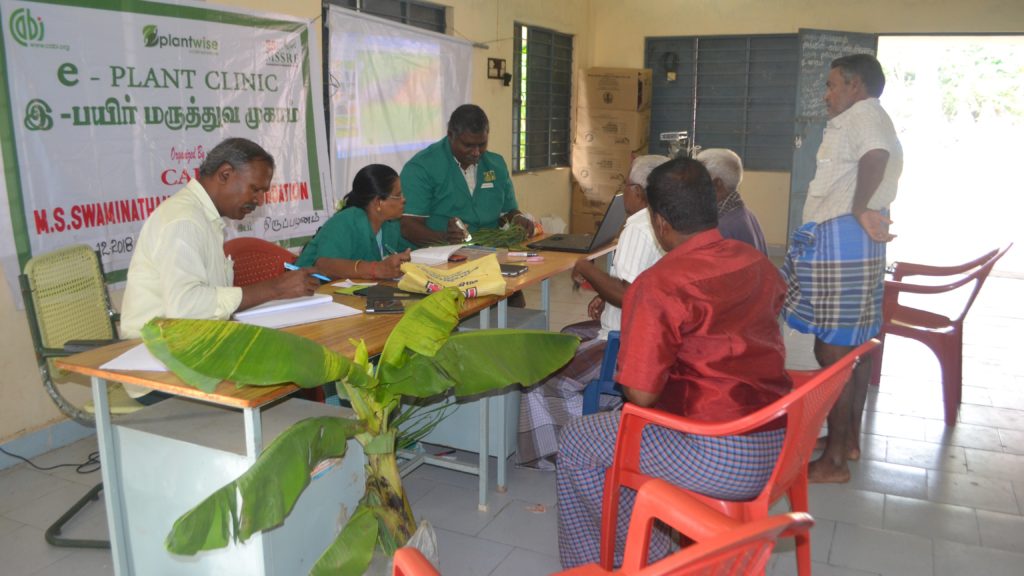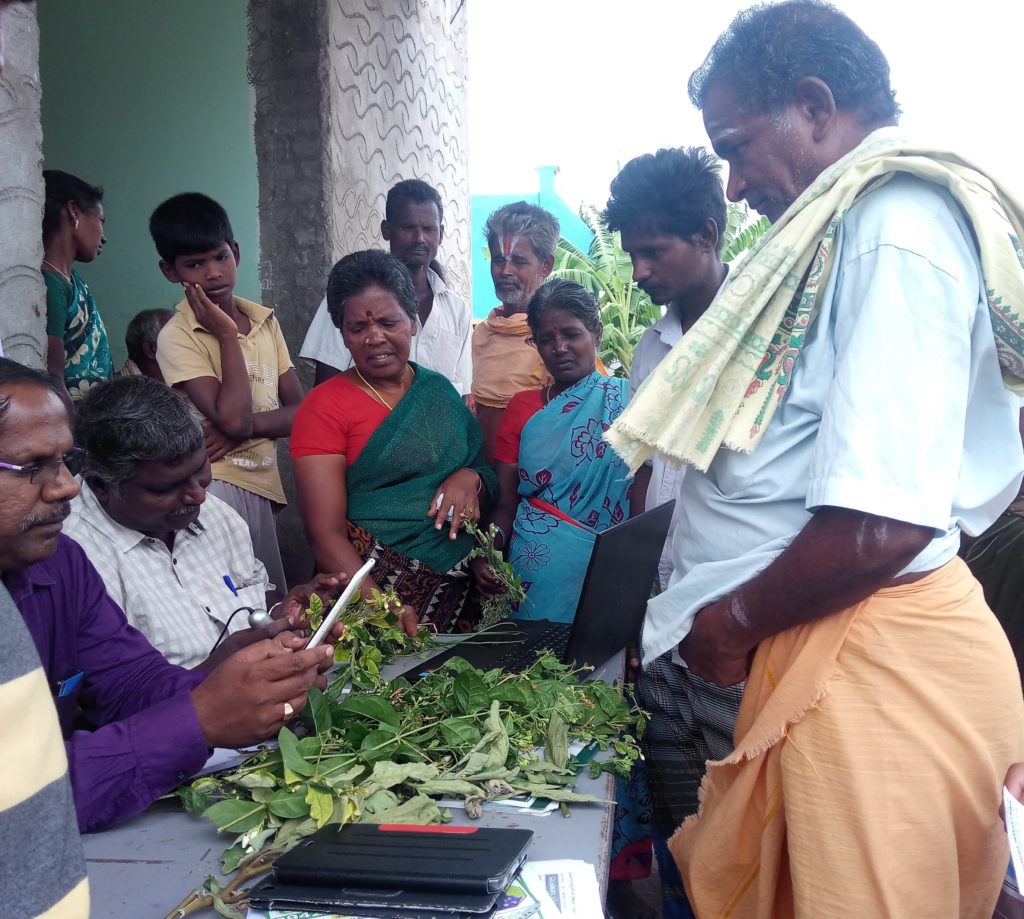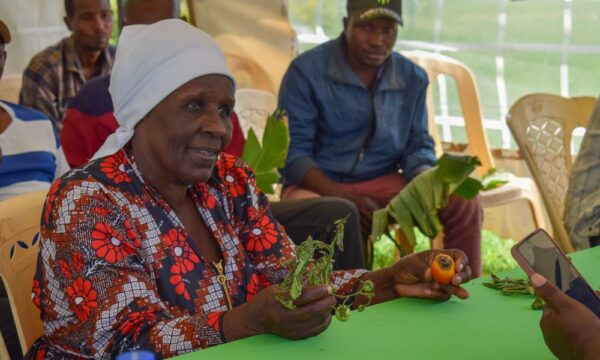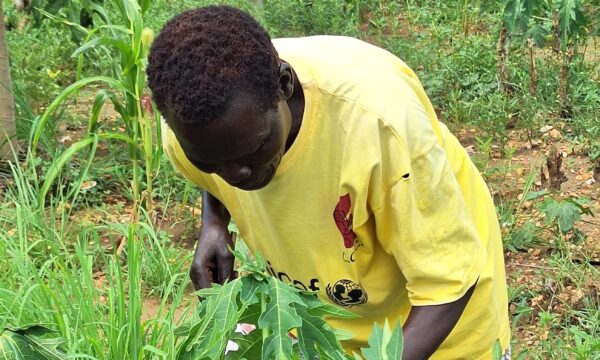
Since 2012, farmers in Thiruvaiyaru block, Thanjavur district in the state of Tamil Nadu, India, have had been using Plantwise plant clinics to help solve problems with pests and diseases. The programme there is run by the M. S. Swaminathan Research Foundation (MSSRF) in collaboration with Plantwise. Agriculture is the primary livelihood of 70% of the communities in the region of which more than 90% are smallholders.
So far around 650 sessions have been conducted with an average of 14 farmers per plant clinic. Plant doctors provide services to all the crops which are cultivated from main fields to homesteads such as paddy, banana, sugarcane, blackgram, gingelly, and vegetable crops. The crop losses due to insects and diseases are the main reason for the yield gap for farmers irrespective of the crops and the main source of advice for plant health had been private farm input dealers in the nearby town.
A study of this plant clinic has revealed that farmers have gained a great deal of fundamental knowledge over the years, which have helped to reduce losses and enhance their productivity. The key learnings expressed by the farmers were: not only what management action to take but when to take it, how to differentiate between common pests and disease with other physiological disorders, awareness of host plants of insects and diseases, vectors that spread infection to other plants and the phytosanitary practices to adopt when viral infection occurs, and last but by no means least, simple agronomic and low-cost pest management practices.
Crucially, farmers were also able to reduce the use of hazardous and highly toxic pesticides. The use of biological inputs has gone up and farmers are now in contact with dealers in other towns that sell such products and order through a courier service. Farmers shared that they have changed to buying yellow and green-labelled pesticides and only use chemical pesticides as a last resort.

“Now I understand that if the crop is in a stage of high damage – as if it were in the intensive care unit – then we need to resort to chemical application,” said Mr Venkatesan, a farmer from the village of Panaiyur.
Similarly, the smallholder farmers showed a reduction in the use of chemical fertilizers, having previously believed that the application of higher dose fertilizers would result in increased yield. This change has had a positive impact on the overall cultivation costs for farmers.
“I do not borrow money these days, this a significant development. I have a direction now,” reported another farmer, Ms Ramamirutham.
Other farmers also shared their experiences and the benefits they have seen through the plant clinics: “In the past, my father sold more than 5 hectares of land because of a lack of confidence and extension support,” said Mr Muruganandam. “We also leased out one hectare of land since we saw losses on our farm. If we had this service back then, we may not have had to make these decisions,” he reported.
Overall, farmers in Thiruvaiyaru were happy with the plant clinic services, as expressed by them as, “a source of inspiration to do agriculture with clarity, confidence, and interest. It has reduced the stress of farming and given inspiration to continue practising agriculture as a primary livelihood.”
The next step for partners and researchers is looking for ways to scale-up these benefits and extend them to a larger farming community in the region.
With contributions from Dr. R. Rengalakshmi (MSSRF) and Dr. R. Rajkumar (MSSRF)
Read more
Related News & Blogs
The ‘plant’ doctor will see you now
This blog was originally published on Good Food Movement Until five years ago, M. Muthulakshmi, a farmer from Thoppupatti village in Dindigul district, Tamil Nadu, relied heavily on chemicals, including banned antibiotics like streptomycin, for her pad…
4 February 2025




